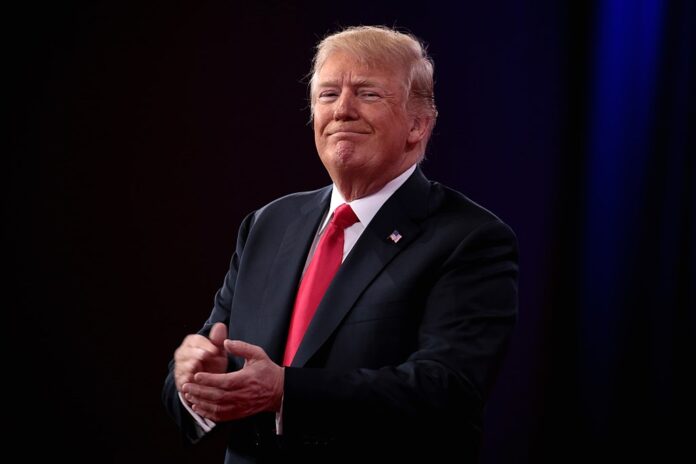Investment banker Howard Lutnick’s connections to Chinese firms raise concerns over potential conflicts of interest as he is tapped to head U.S. trade and tariff agencies
Howard Lutnick, the prominent investment banker and CEO of Cantor Fitzgerald, has found himself at the centre of controversy following his appointment by President-elect Donald Trump to lead the U.S. agencies overseeing trade relations and tariffs. Lutnick’s extensive business ties to China, including joint ventures and financial dealings with Chinese state-owned companies, have drawn sharp criticism from Democrats and ethics experts, who warn that his connections could lead to conflicts of interest in his new role.
Lutnick’s firm, BGC Group, has a joint venture with China Credit Trust, a state-owned Chinese company, based in Beijing. Additionally, his other firm, Cantor Fitzgerald, has been involved in helping Chinese companies list on U.S. stock exchanges. These ties to Chinese businesses raise concerns about whether Lutnick’s decisions regarding U.S.-China trade, tariffs, and export controls could be influenced by his financial relationships with Chinese firms.
Senator Ron Wyden, a Democrat who chairs the Senate Finance Committee, voiced his concerns, questioning how someone with such significant financial connections to the Chinese government could be expected to advocate for American workers and level the trade playing field with China. “Mr. Lutnick’s conflicts of interest in China appear to be substantial,” Wyden stated, highlighting the potential for undue influence from Beijing in trade negotiations and policy decisions.
Embed from Getty ImagesLutnick’s appointment comes amid the ongoing U.S.-China trade war, where tariffs, export restrictions, and diplomatic tensions have been a key point of contention between the two superpowers. The role of U.S. Trade Representative and Commerce Secretary, which Lutnick is poised to fill, is critical in shaping the country’s approach to China, including imposing new tariffs and deciding which Chinese products and companies face restrictions.
Critics argue that Lutnick’s dual role as a financial executive with extensive Chinese business ties could pose a challenge to his ability to make impartial decisions. They question whether his financial stake in Chinese firms could interfere with the United States’ broader economic and geopolitical interests.
Lutnick has yet to address these concerns publicly, and with his confirmation process still underway, his appointment will likely face heightened scrutiny from both political leaders and the public.
